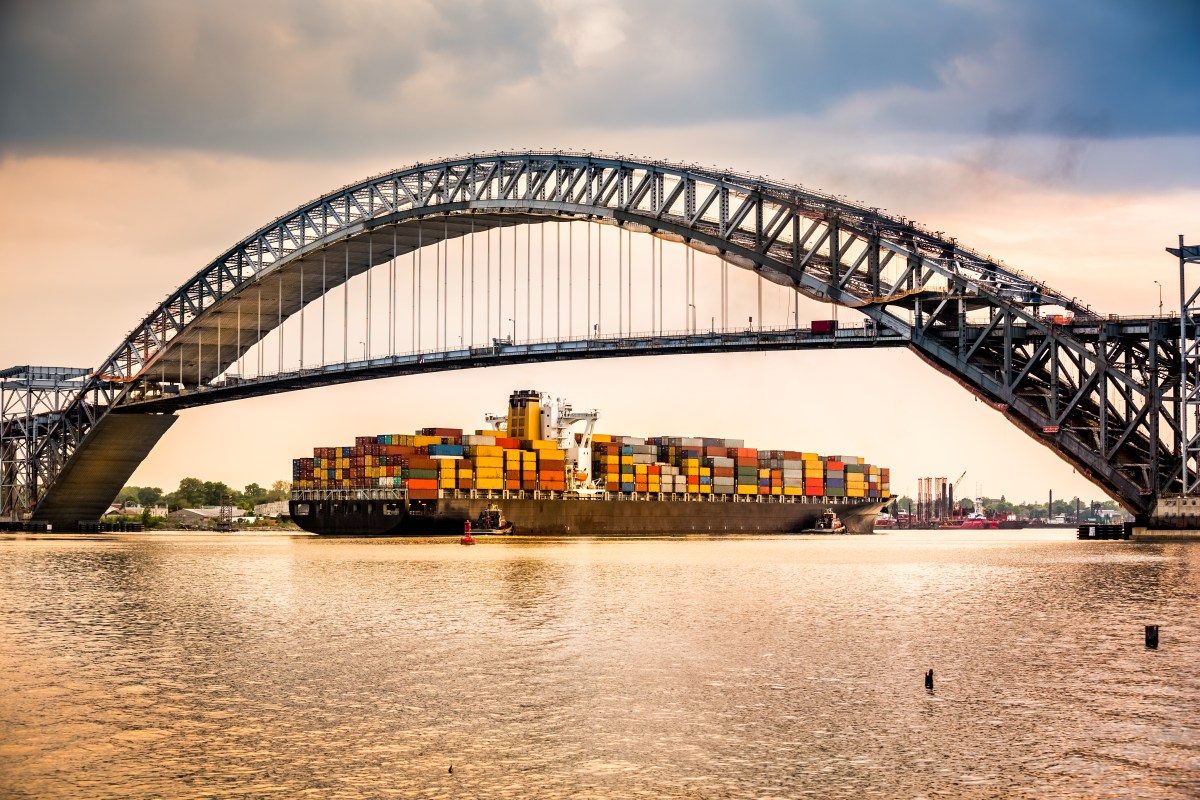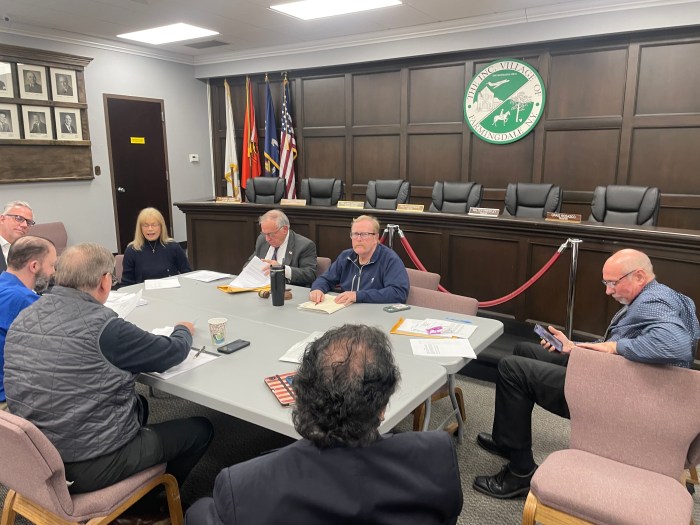President Donald Trump’s trade war with China and the changing tariff statuses have been a subject of uncertainty for many businesses that rely on imported Chinese products. Long Island-based toy company Top Trenz is among them.
“It’s literally taking the whole industry and flipping it upside down,” said Jamie Glassberg, vice president of Top Trenz.
Top Trenz is a family-operated toy company based in Ronkonkoma with showrooms nationwide. While exclusive and popular toys are a central product, the company also sells apparel, bags, accessories, and candy.
Just weeks after taking office, Trump implemented an additional 10% tariff on imported goods from China. After a back-and-forth between the two countries, as they each retaliated with greater and greater tariffs in response to the other raising them, the total amount of tariffs brought against Chinese imports has grown to more than 145% for toys.
While Trump announced a 90-day pause on tariffs on April 9, China is still not exempt from these tariffs. China has since retaliated with a 125% tariff on U.S. imports.
“Things change on a daily basis,” Glassberg said. “It’s extremely interruptive and disruptive to every manufacturer and that puts everyone in a bad situation.”
That 145% tariff for Chinese imports has to be paid by someone, though, either by the business who is importing the goods, the customer purchasing the goods or some combination of the both.
“It’s a lose-lose situation for everyone,” Glassberg said. “I don’t know anyone who is understanding the logic here.”
Glassberg put the tariffs into perspective, saying that if he were importing $100,000 worth of goods, he’d have to pay an additional $145,000.
Top Trenz sources most of its toy products from China, the largest producer in the toy industry. Glassberg said seeking to import their products from another country is not feasible, as many factories do not exist outside of China and would be unable to satisfy the industry’s needs. Establishing a new factory outside China would take years and millions of dollars, he said.
“It’s not like you’re going to be able to have us go anywhere,” Glassberg said. “Where are we going to go? We have nowhere else to go.”
For Top Trenz, Glassberg said they are choosing to take on the tariff burden to preserve the relationships the family business has fostered with its customers for 25 years.
“I have too many customers depending on me and I can’t risk not being their source for items that are in demand,” Glassberg said. “I don’t have a choice.”
But this can still have effects.
Glassberg said greater costs to import their products could lead to toy scarcity or exclusivity. Many businesses could be looking to bring in fewer products to reduce spending while expenses are at their highest.
Like many other businesses right now, Top Trenz is buying products for the holiday season. With an inclination to import less, this scarcity could hit right at a time when many are buying presents for the holidays.
While Top Trenz is opting not to increase its prices in response to the tariffs, Glassberg said this could change if tariffs are implemented for a long period of time. He said the company will be reassessing its response to tariffs in June.
However, other toy companies could be looking to increase their prices due to tariffs, meaning customers would be paying for this trade war.
“Something like this, that’s not sustainable,” Glassberg said.


































